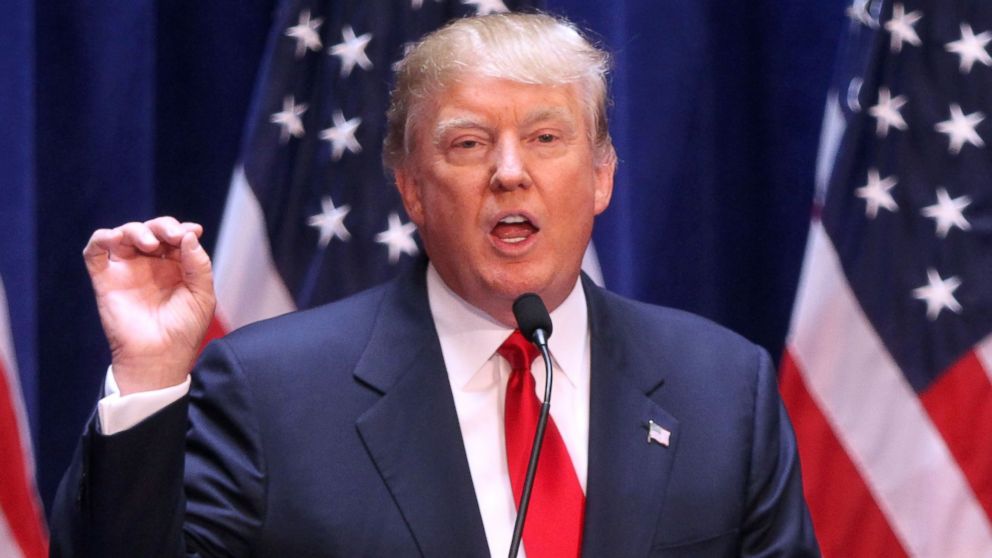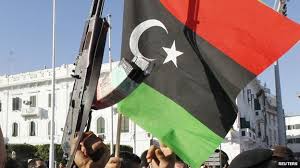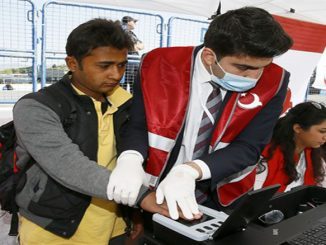
After the election of Donald trump as the new president of the United States, many observers said that the Syrian crisis entered a new phase, and any hope the rebels had in military action against Assad has been buried.
The Syrian crisis began as a peaceful demonstration against the injustice in Syria. Assad regime used to fire power and violence against the civilians and led to armed resistance. 450.000 Syrians lost their lives in the past five years according to UN estimates, and more than 12 million have lost their homes.
The Assad regime forces, backed by Russian air power, Iranian ground forces and Shi’ite militia fighters from Iran, Iraq, and Lebanon, has been tightening its grip on rebel-held districts around Syria, and together they committed crimes against the Syrian civilians to force the rebels to surrender.
Whatever hope the Syrians might have had before last Tuesday, became fainter with Trump’s astonishing victory in the elections.
Assad is a partner
Trump has made it clear he has no desire to confront Russian President Vladimir Putin in Syria, and he has said America would have been in much better shape if it had done nothing to help Syria’s opposition.
Putin was one of the first foreign leaders to congratulate Trump on November 9, noting specifically that Russia and the US shared a special responsibility to “sustain global stability and security”. It played well into Trump’s statement from last summer: “Wouldn’t it be nice if we got together with Russia and knocked the hell out of ISIS?”
One of the first things Trump is expected to do is coordinating with Putin to attack ISIS and also allowing Assad to remain in power
Trump said in one presidential debate: “I don’t like Assad at all, but Assad is killing ISIS. Russia is killing ISIS and Iran is killing ISIS,” indicating that he would worry less about consistent American relationships in the Middle East and more about defeating ISIS and getting the US out of the region.
He stated in the second presidential debate that regime change only causes more instability in the Middle East and while Assad is not exactly a welcome partner, shoring up his government is the best way to stem the extremism that has flourished in the chaos of Syria’s civil war.
Bashar al-Assad is “ready” to cooperate with the US President-elect Donald Trump, according to one of his advisers.
“I think the American people have sent a great, a very important message to the world,” the adviser added.
Assad and his allies, which include Russia, Iran, and the Lebanese militia Hezbollah, are by far the most prolific mass murderers in Syria. ISIS has seized headlines with its videotaped gore. But most of Syria’s dead are dead because of Assad and indeed, most Syrian refugees have fled because of Assad.
Observers said that these warm relations with Russian and Assad will give them exactly what they want, a green card to escalate their military operations and deal last hits to the rebels under the term of fighting terrorism.
No more support for the rebels
Democratic presidential nominee Hillary Clinton had called for more aggressive assistance to Syrian rebels when she was secretary of state. During the election campaign, she also said she would push for a no-fly zone and safe havens in Syria. Some Syrians hoped a Clinton presidency might bring some relief from their greatest tormentor. It now seems certain Assad will endure.
Asked about Aleppo in an October debate with Clinton, Trump said it was a humanitarian disaster but the city had “basically” fallen. Clinton, he said, was talking in favor of rebels without knowing who they were.
Trump has suggested withdrawing support for the Syrian rebels still fighting in east Aleppo, neighboring Idlib province and the south of the country, which could prove to finally tilt the war in the Syrian government’s favor.
The rebels expressed their worry after the election results were published, noting that the close relations of Trump with Putin will free Russia’s hands in Syria.
“I think things will become difficult because of Trump’s statements and his relationship with Putin and Russia. I imagine this is not good for the Syrian issue,” Zakaria Malahifji, head of the political office of an Aleppo-based rebel group.
“While Clinton was a globalist who seeks to forge the US policies again as a global effecting power, Trump is a nationalist. He has already said that he wants to focus on his country’s internal problems and that he doesn’t care about other country’s issues and that his only interest in Syria is fighting ISIS. His policies will give Russia and Assad the green light to end the rebels’ resistance with no one more in power at least to condemn their crimes,” a Syrian analyst said.
However, other Syrian political and armed leaders had another view of the issue.
“The new (U.S.) president-elect has the will and the leadership to reassert American leadership in the area and in Syria,” the president of the opposition Syrian National Coalition (SNC) said in an interview.
Al-Abdah said the SNC had sent Trump its congratulations and was in touch with a Trump adviser about a comprehensive new approach to Syria.
A senior rebel leader noted Trump’s views on Iran were “positive” for the Syrian opposition, as Trump previously said he will seek to isolate Iran again.
“Today, the role of the United States remains active and essential in Syria, regardless of whether he tries to distance himself from it, he won’t be able to,”
Nothing has changed
Some Syrians see that the US haven’t given the Syrian opposition any support. On the contrary, it gave Assad a license to kill them, and this will not change now.
While Washington has provided significant support to the opposition, it has never matched the backing given to Assad by Russia and Iran.
President Barack Obama said the use of chemical weapons in Syria was a “red line” for him but then withered when Assad’s forces used sarin-filled shells to kill some 1,400 Syrians men, women, and children in 2013. America has armed and trained Syrian rebels, but only in small numbers. It never bombed Assad’s forces their behalf or established a no-fly zone where Syrian civilians might be safe from Syrian and Russian airstrikes.
“To the ones who fear of Trump’s statements and threats, revise Obama’s policy and you will find no difference. Trump is just speaking without any political mask,” Faisal al-Kasem, a prominent Syrian journalist, has said.
“That S.O.B. we have in Damascus is the luckiest bastard in the world,” says Faisal Alazem, Montreal director of the Syrian Canadian Council.
“He had eight years of Obama, where red line after red line was crossed with no consequences. And now he gets Trump, probably the Western leader that is going to be the closest to Vladimir Putin.”
Five years ago, Alazem says, he was the most optimistic person in the world. He believed the interests of Syrian democrats and Western governments were aligned, and together they would force Assad from power.
Now, Alazem, who also runs a charity that operates a school for Syrian refugees in Turkey, has concluded that no one outside Syria will help its people. But he still doesn’t believe the Syrian revolution is dead.
“As long as there is one person on the streets defying all this violence around him, whether it’s ISIS or these barrel bombs falling on their heads, it’s not [over],” he says.
“Because it’s a miracle. No normal human being can sustain and resist so much violence, and people still are. But it’s not the spring we were dreaming about five years ago. And the price Syrians have to pay is just incredible.”



